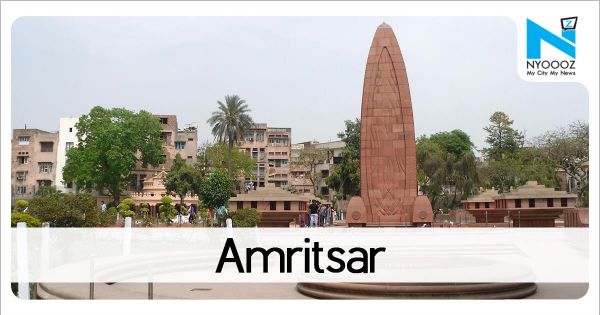
The textile industry records annual turnover in hundreds of crores. Barring a handful of mega units, the textile industry here comprises micro, small and medium enterprises (MSMEs). Currently, popular kinds of powerloom are powerloom plain, automatic, shuttle-less rapier looms with electronic jacquards and the latest entrant jet shuttle-less looms. A large number of units in the small and medium category have shifted to computerised rapier shuttle-less looms over the last decade. The city-based textile products is sold in Uttar Pradesh, Bihar, Jharkhand, West Bengal, Madhya Pradesh and Southern peninsula states.

If You Like This Story, Support NYOOOZ
Your support to NYOOOZ will help us to continue create and publish news for and from smaller cities, which also need equal voice as much as citizens living in bigger cities have through mainstream media organizations.
Stay updated with all the Amritsar Latest News headlines here. For more exclusive & live news updates from all around India, stay connected with NYOOOZ.









